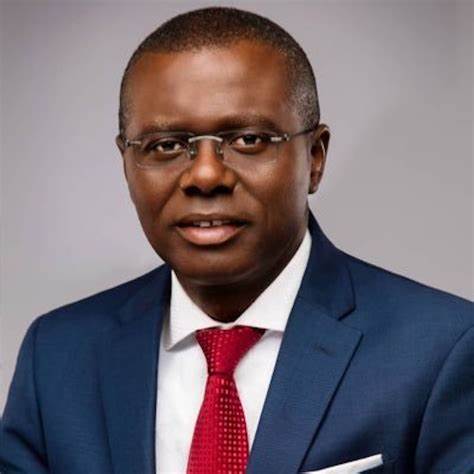The Lagos State Government has reaffirmed its dedication to supporting and promoting the creative industry through strategic collaborations aimed at boosting tourism and ensuring year-round economic activity.
The commitment was made by the Commissioner for Tourism, Arts and Culture, Toke Benson-Awoyinka during a series of courtesy visits from key stakeholders in the creative and tourism sectors at her office in Alausa.
READ ALSO: LASEPA, UNIDO, Japan launch $275,000 cholera prevention project in flood-prone Lagos communities
High-profile visitors at the event included Ayisat Agbaje-Okunade, Executive Secretary of the Lateef Jakande Leadership Academy; Omoni Oboli, renowned Nigerian actress and scriptwriter; Samuel Onyemelukwe, Managing Director of Trace Anglophone West Africa; Godson Oriaku, Chief Executive Officer of Shakara Festival; and Busola Komolafe, Chief Executive Officer of Jyraes Motion Pictures.
In her address, Benson-Awoyinka reiterated the government’s commitment to providing an enabling environment for creatives to “excel and contribute meaningfully to the economy.”
She noted that the industry has seen significant growth, and the government is committed to ensuring its continuous thriving through strategic collaborations, interventions, and endorsements.
The commissioner stressed the necessity of projecting Lagos as a global cultural hub by maintaining visibility on international platforms.
She cited the recent E1 Lagos Grand Prix, which attracted approximately 400 visitors from the diaspora, as an example of successful strategic initiatives that drive global participation.
Benson-Awoyinka advocated for expanding tourism activities beyond the festive “Detty December” season.
She emphasised that a joint effort between the public and private sectors is required to develop homegrown festivals and ensure that tourism and cultural activities are planned throughout the year.
READ ALSO: Lagos govt partners with 57 local council leaders on cleaner, flood-free environment
She explained that the various visits aimed to strengthen partnerships with the state government to promote cultural tourism and advance creative development.
She added that they also sought to expand the reach of creative enterprises, thereby generating sustained tourism investment for both the state and the national economy.



